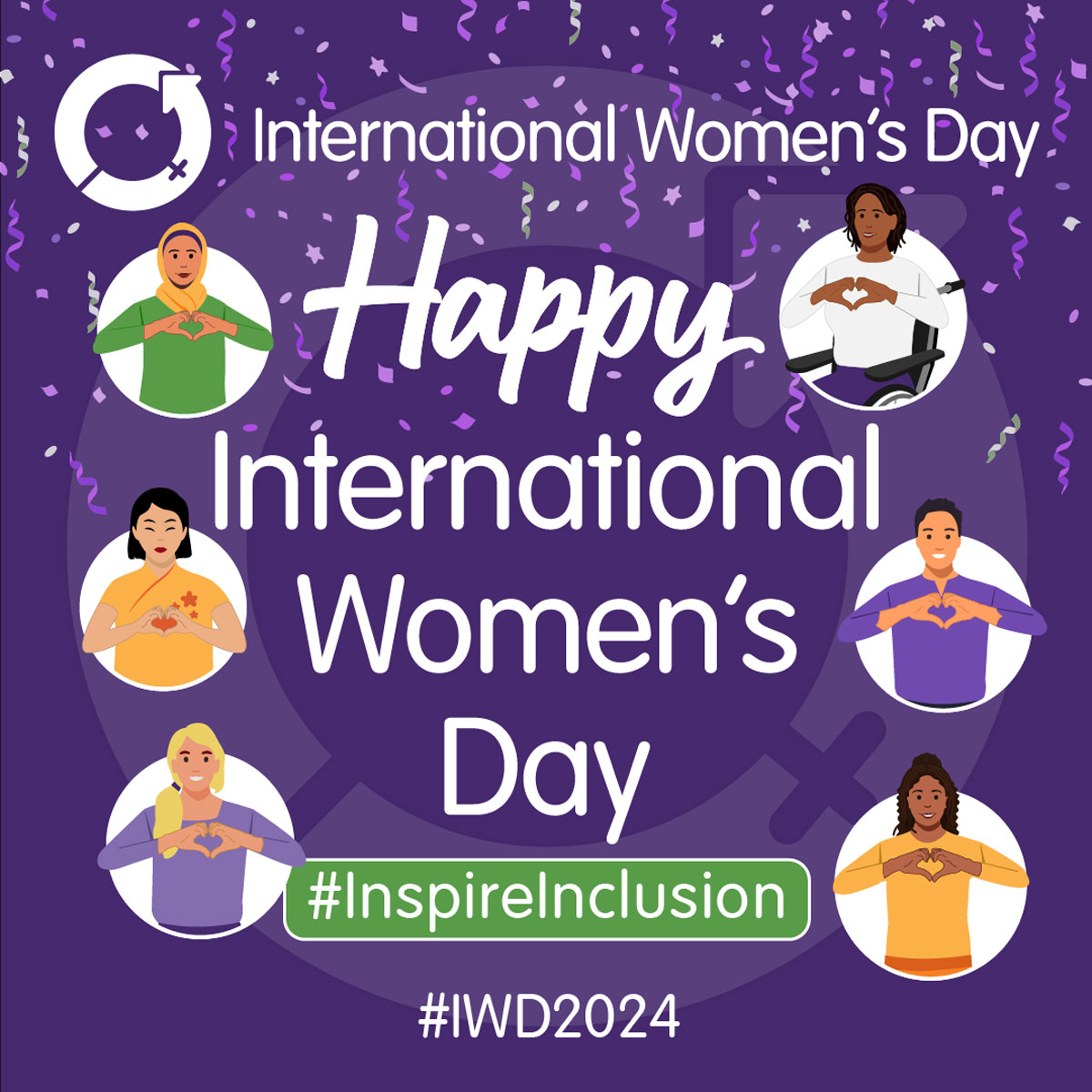
By Gordon Davidson
Today, March 8th, is International Women’s Day 2024, a globe-spanning event celebrating women’s achievements – and raising awareness about inequality and discrimination.
The first International Women’s Day, held in March 1911, was conceived as a day of global activism open to everyone that supported the cause of women’s equality – and from then til now, the annual date is still marked independently of any one country, group or organisation.
While the mood is celebratory, this year’s campaign remains committed to that original message of equality: “When women are not present, we must ask: ‘If not, why not?’ When women are discriminated against, we must call out poor practice. When the treatment of women is not equitable, we must take action. And we must do this each time, every time.”
In our own celebration of International Women’s Day, SLTN this week spoke to a cross section of influential women from across the drinks industry in Scotland and beyond, to hear their experiences of the past, present and future of the sector’s journey towards equality.
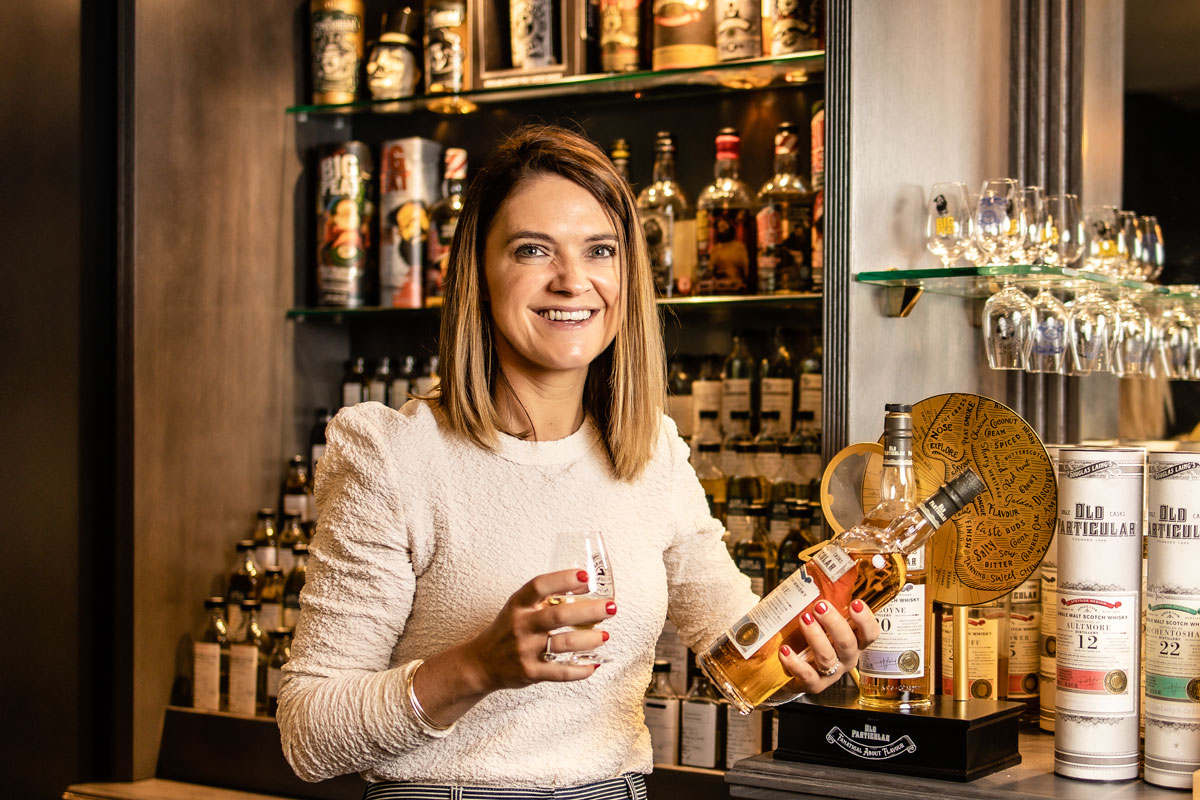
Cara Laing, Managing Director of Douglas Laing and Co, praised the female trailblazers that preceded her: “Over my 18 years in the Whisky industry, I’ve had the great opportunity to work with some incredible women who I have learned so much from… to this day I still lean on much of what they have taught me.
“That said, I have also encountered, and still do encounter, the ‘you’re female, I bet you don’t actually drink whisky’ and that’s a frustration for sure,” said Laing.
“On the whole, however, I would say the industry is on a journey in terms of women playing a more apparent, key role and it’s moving in the right direction.”
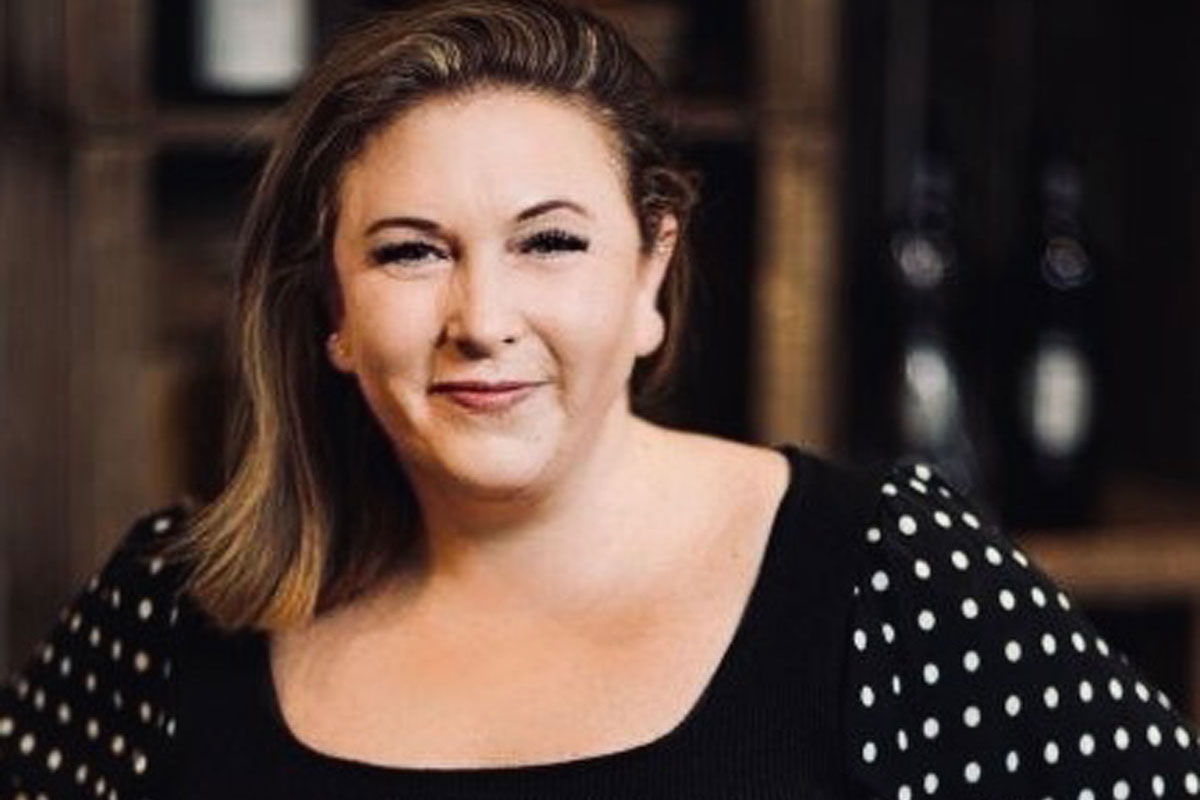
Gemma Wills, Sales Director UK On Trade & Premium for Accolade Wines, agreed that women who led by example had set the sector on the right course: “I still give credit to my first real boss at Matthew Clark, Penny Barkas. She coached me to believe that I was good enough and that I didn’t need to be the ‘cookie cutter’ mould I had always envisaged I would need to be to get on.
“I have always worked in quite a male dominated environment, and one where I wasn’t always the most qualified, or professional sounding – certainly not the one with the loudest voice, and over the years, I am so proud to say that I have always had a good eye for spotting similar people, and working with them to get them on in their career.”
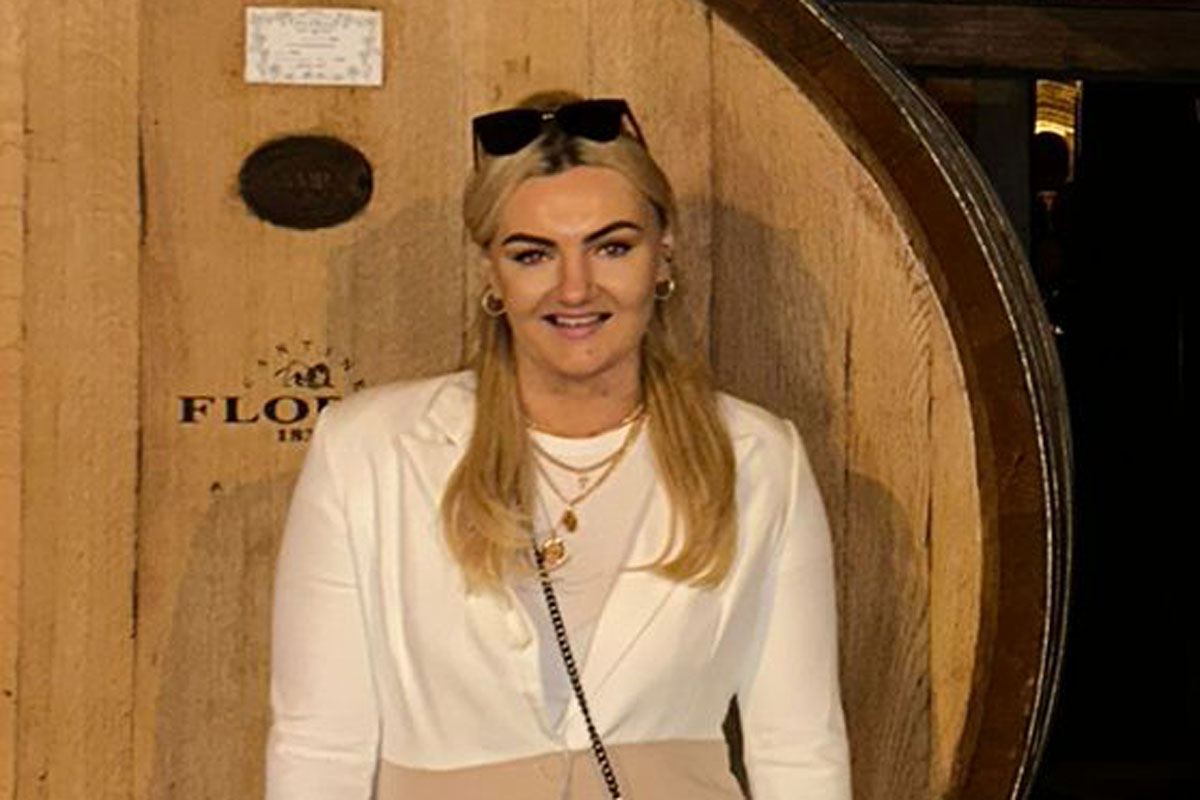
Ainslie Kelly, National Account Manager for HORECA, Brewers & RTM North at Disaronnno International UK, said that she had benefitted from good mentoring: “I have always been a confident and outgoing person, however when I first moved into the world of whisky, I found it very intimidating as it was such a complex industry and so much competition with other brands.
“I worked with very knowledgeable and well-respected people within the industry and spending time with them and learning as much as possible really helped me to build my own confidence to stand alone in this field and helped my growth.”
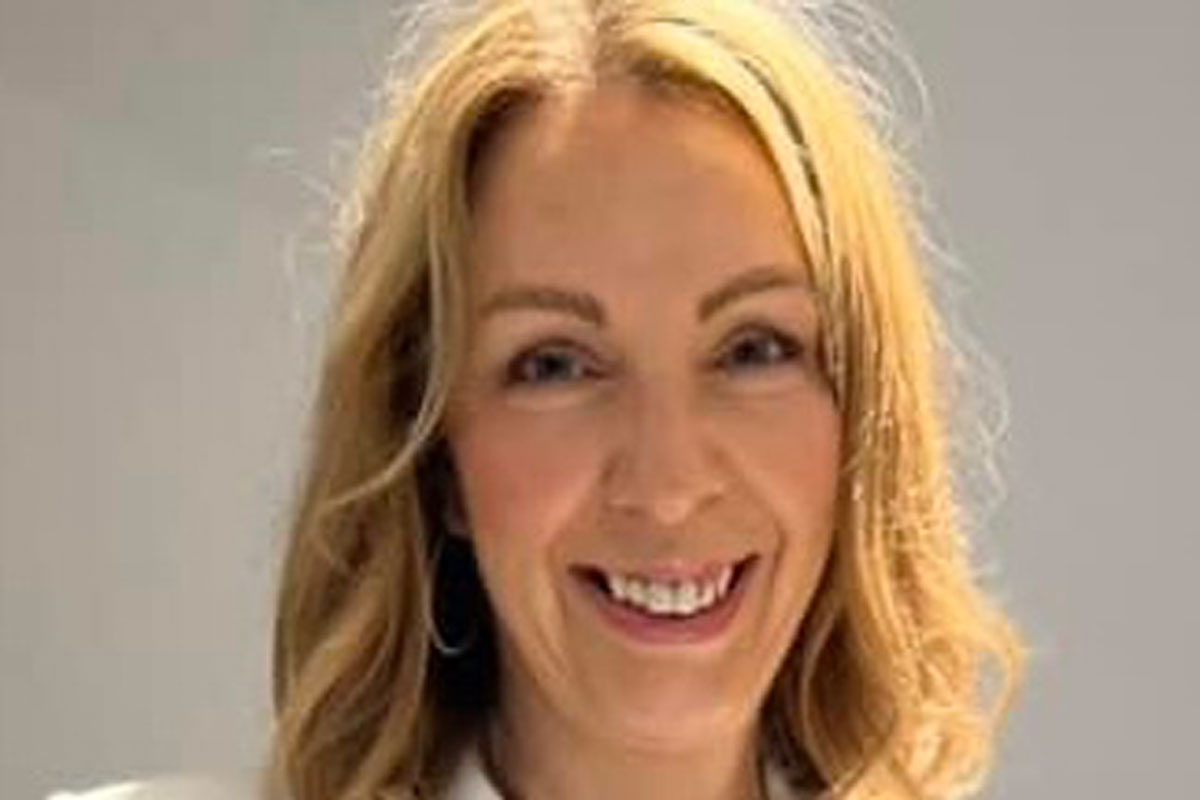
Judith Anderson, Sales Performance Manager at Molson Coors, noted that inclusivity was rightly becoming ‘an expectation’ across all business, but was something that women should demand, rather than wait to be given: “Working in male dominated roles in the past, challenges I have faced have been in relation to unconscious bias where I was at a disadvantage being female as I was not included in work related conversations that happened in a setting that I was not invited to e.g. on the golf course or over a pint in the pub after work.
“I could have looked to push myself into being ‘one of the lads, take up golf or try to invite myself into conversations – instead I highlighted where I did not get the useful nuggets of information and explained the impact to male peers or managers which helped understanding and building an inclusive environment for other women as well as myself.”
All the industry women that SLTN spoke to reported that once established, inclusive employment practices delivered long term commercial benefit to businesses, by harnessing the diversity of thought and ability that comes from staff who better represent the diversity of society.
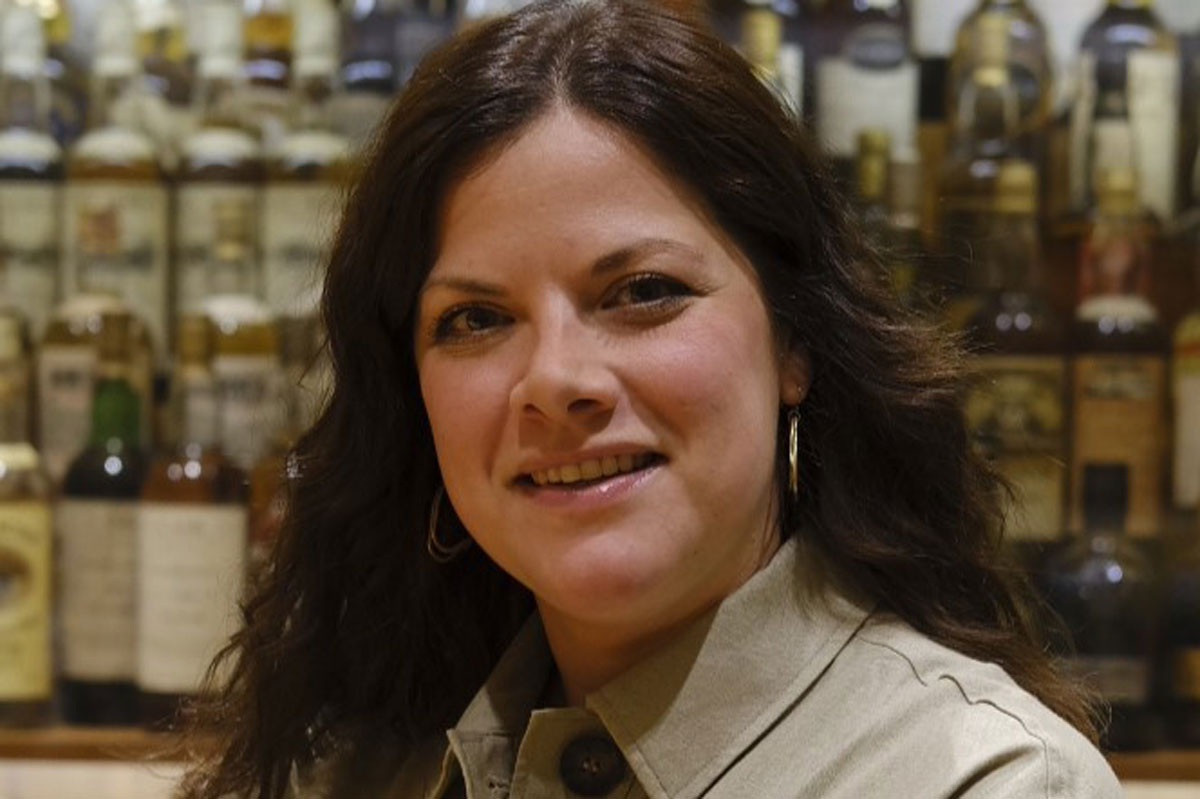
Liz Lock, Brand Director at Speciality Drinks, said that creating ‘a culture of respect, transparency, collaboration, and support’ provided an environment for not only employees to feel engaged and valued, but also fostered positive interactions with clients, partners, and stakeholders.
Said Liz: “People are naturally drawn to environments where they feel appreciated and respected, and they’re more inclined to develop long-term relationships with businesses that embody these values.”
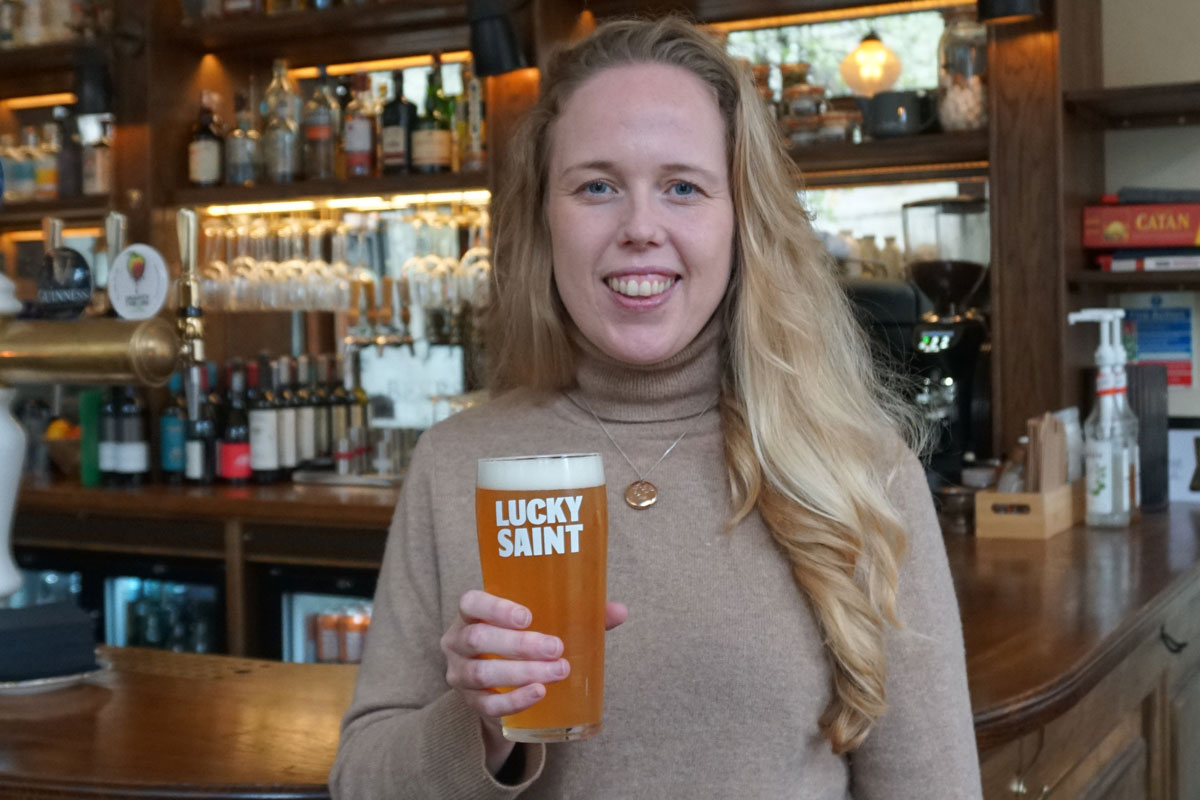
Mary Lynch, National Account Manager at Lucky Saint, stressed the value that came from having diversity around the corporate table when decisions are being made.
“For me it means being able to celebrate differences, in every way. From where you come from, your background, your career experience to your different personality types. And celebrating what the power of difference can bring to an organisation.
“I’m a big believer in ‘rebel ideas’ – that you only get to the best outcome by process of storming. If the ideas and the voices at the table are homogenous, there is no point of difference in the market.”
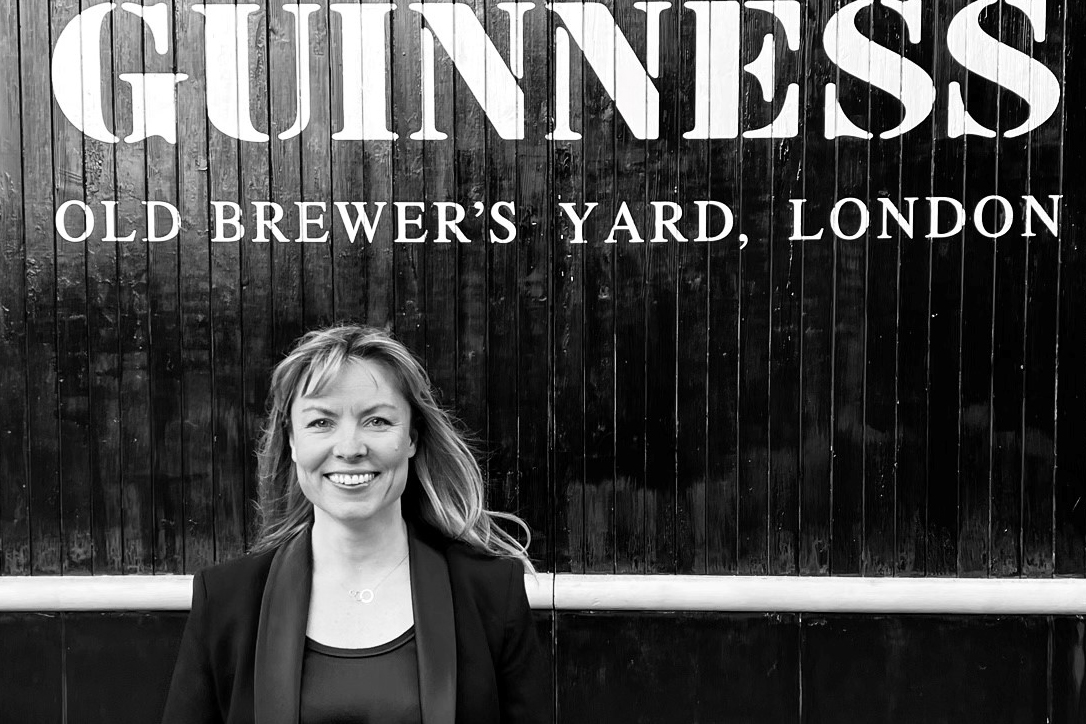
Anna MacDonald, Category Marketing Director for Beer at Diageo GB, stressed that a truly inclusive company makes room for people’s different work-life needs.
“Being a mother of two children and working full-time means that I have a lot to juggle! It also means that some days are good, and others are not as good, but I have found that it is important to be open about this.
“When I have expressed these thoughts to others in the organisation, it has always been met with positive feedback, as well as words of encouragement and support. When I do take some time away, for example, for my daughter’s sports day, this is never met with judgement and people are very accommodating.”
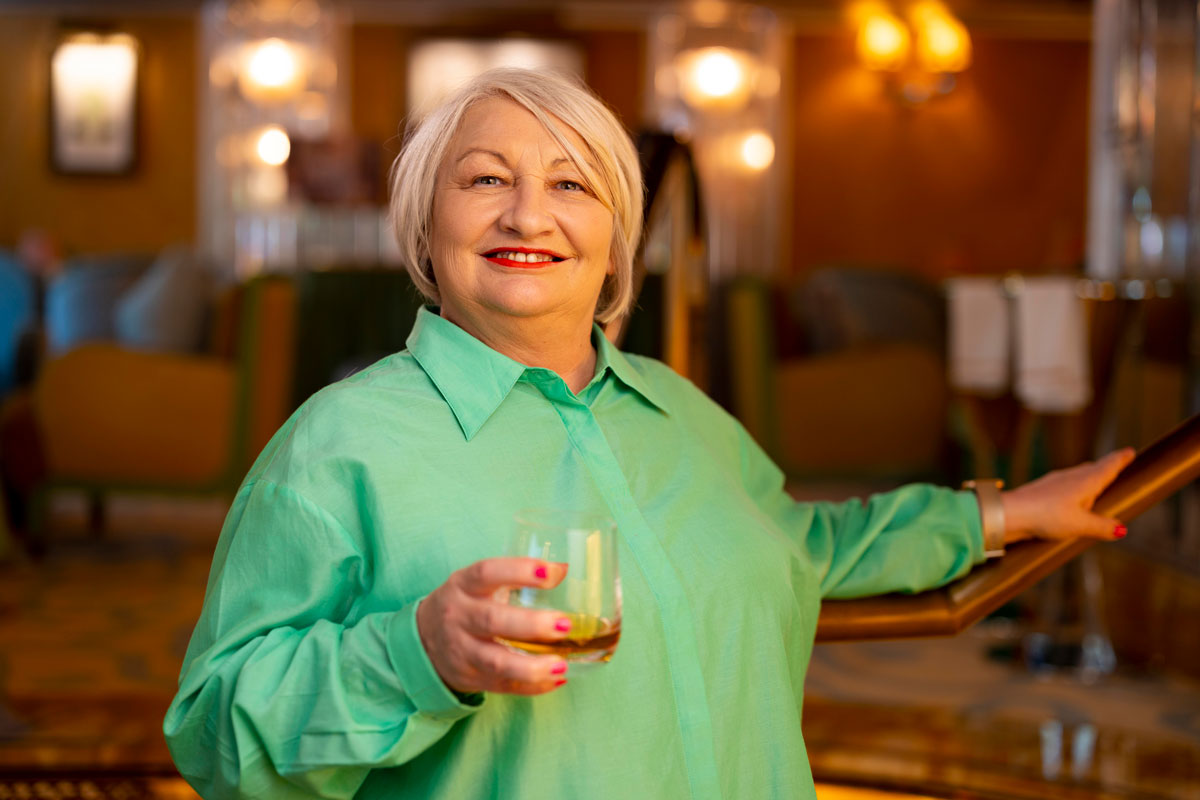
Margaret Nicol, who started in the industry in 1974 and is now Blend Controller at Whyte & Mackay, said that it was important to remember that inclusion is not all about one type of community, or another – it affects everyone in a company.
“I am an experienced person in the industry, and I would say I recognise that the industry has had its challenges. However, for me, the experience has always been positive, it really has.
“When we formed our first Inclusion, Diversity and Equality Committee, I put myself forward to join. As a ‘more experienced’ member of the company it was important to represent that side of the business.”
SLTN salutes these influential women, and their many peers, who have all helped make the UK drinks industry what it is today!




















